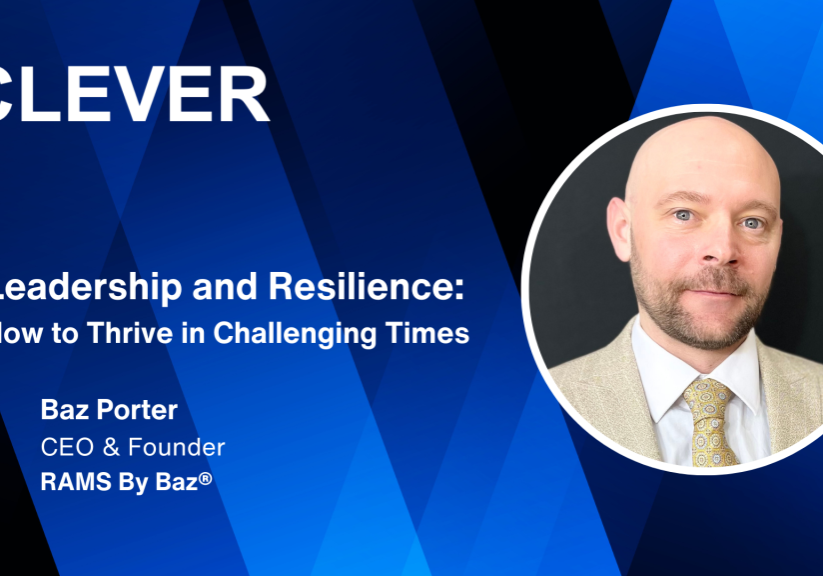
Leon Black, the billionaire private equity executive whose financial ties to Jeffrey Epstein have sparked questions from his powerful clients, said Thursday that it had been a “terrible mistake” to give Mr. Epstein a second chance after his sex-crimes conviction in 2009.
“I wish I could go back in time and change that decision,” Mr. Black said in prepared remarks during an earnings call for his firm, Apollo Global Management.
The statement was the latest attempt by Mr. Black to quell client worries after The New York Times revealed that he had made at least $50 million in payments and charitable contributions to entities associated with Mr. Epstein over the past decade.
“Knowing all that I have learned in the past two years about Epstein’s reprehensible and despicable conduct, I deeply regret having had any involvement with him,” he said.
Mr. Black, who is also the chairman of the Museum of Modern Art, said he had paid Mr. Epstein for advice on personal financial matters, including the structuring of “art entities” associated with his vast collection, which is valued at more than $1 billion.
Mr. Epstein’s advice, which Mr. Black said had cost him “millions of dollars annually,” was vetted by leading lawyers and accountants, he said. “There has never been an allegation by anyone that I engaged in any wrongdoing, because I did not,” Mr. Black said.
Although Mr. Epstein had been convicted of soliciting prostitution from an underage girl in 2008, Mr. Black said it had only been since 2018 that he became aware of the conduct that led federal authorities to charge Mr. Epstein with sex trafficking last year. Mr. Epstein died in a Manhattan jail cell in August 2019; his death was ruled a suicide.
“Any suggestion of blackmail or any other connection to Epstein’s reprehensible conduct is categorically untrue,” Mr. Black said.
Mr. Black said he had given Mr. Epstein a second chance after his 2008 case because many others in the world of business, politics and academia had continued to associate with him or retain his services. That had given Mr. Black “misplaced comfort,” he said.
“Like many other people I respected, I decided to give Epstein a second chance,” he said. “This was a terrible mistake. I wish I could go back in time and change that decision, but I cannot.”
At the request of Mr. Black, who is Apollo’s chief executive and chairman, the firm’s independent board members have already hired the law firm Dechert to investigate his dealings with Mr. Epstein. The review is expected to take several weeks to complete.
Many big pensions and the consultants who advise them about where to invest their dollars are waiting for the results of the inquiry. At least one client, a public pension fund for Pennsylvania teachers, has already said it will not invest more money with Apollo until the investigation is over.
Mr. Black, who said he was “by nature a private person,” delivered his remarks in a call with analysts. Normally, Mr. Black stays on such calls to answer questions, but on Thursday he turned matters over to his co-founders Josh Harris and Marc Rowan and other top executives.
The call began with Gary Stein, the firm’s head of investor relations, reiterating that the firm had never done business with Mr. Epstein and saying Apollo would not address the matter beyond Mr. Black’s remarks.
Apollo reported net income of $272.4 million for the third quarter, or $1.11 a share, down from $363.3 million, or $1.63 a share, a year earlier. Distributable earnings, a closely watched measurement of the firm’s ability to return cash to investors, was $272.4 million, or $1.11 a share, in the period, down from $363.3 million, or $1.63 a share, a year earlier.
But Apollo reported that total assets under management at the firm, which specializes in using leverage and investor dollars to take over ailing companies, rose to $433 billion in the third quarter, which was up from $413.6 billion in the second quarter.
Shares of Apollo were down 2.65 percent on Thursday. The stock has fallen nearly 19 percent since the Times report on Oct. 12.












